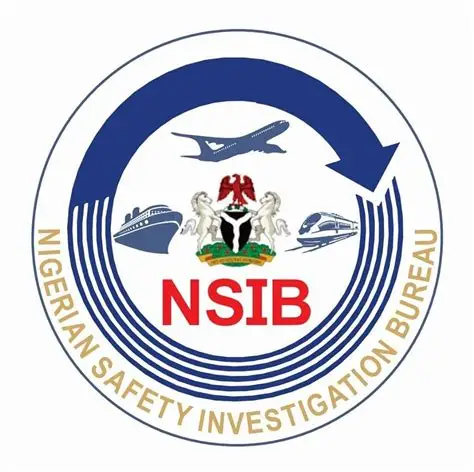411
By Lizzy Chirkpi
The Nigerian Safety Investigation Bureau (NSIB) has announced its readiness to publish the preliminary report of its findings on the August 26 Abuja–Kaduna train derailment within 23 days.
The crash, which occurred near Asham Station, caused injuries to passengers, damaged key railway infrastructure, and forced the suspension of operations on the busy corridor.
Speaking at a press briefing in Abuja on Tuesday, NSIB Director-General Capt. Alex Badeh confirmed the timeline for the report.
“Within 23 days, we should be able to make public the preliminary report of the investigation. The report will contain factual evidence related to the incident at least enough to give a clear direction on how the investigation is proceeding,” he said.
Badeh stressed funding constraints as a major challenge, stressing the need for modern tools and advanced training to investigate rail, maritime, and aviation incidents effectively.
“Some funding has been made available, but it’s not enough… We require funding to train our investigators, not just in aviation, but now with rail and maritime as well. More extensive training and better equipment are needed, especially with the expansion of rail services in Nigeria,” he added.
The NSIB said the inquiry will include a detailed technical review of the locomotives, coaches, track geometry, switches, and other infrastructure, alongside interviews with crew, passengers, responders, and eyewitnesses. Recorded data including speedometers, on-board CCTV, and over-speed trip mechanisms will be preserved and analysed.
Badeh confirmed that an Investigator-in-Charge (IIC) has been appointed to lead the probe.
“The IIC has full access and control over the accident site, evidence, and relevant records to prevent disturbance or tampering,” he stated.
Emergency teams were swiftly deployed after the derailment, with all passengers eventually returned to Abuja safely, according to the Nigeria Railway Corporation (NRC).
The NSIB noted that if the probe uncovers international links, it will notify relevant countries and may invite foreign experts to participate



